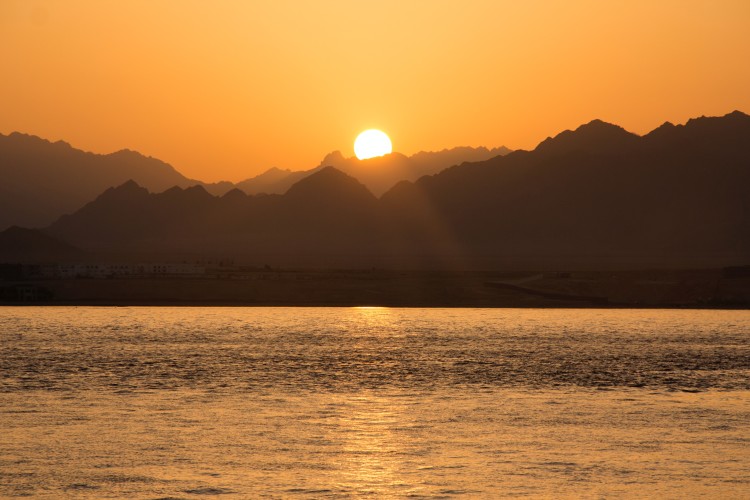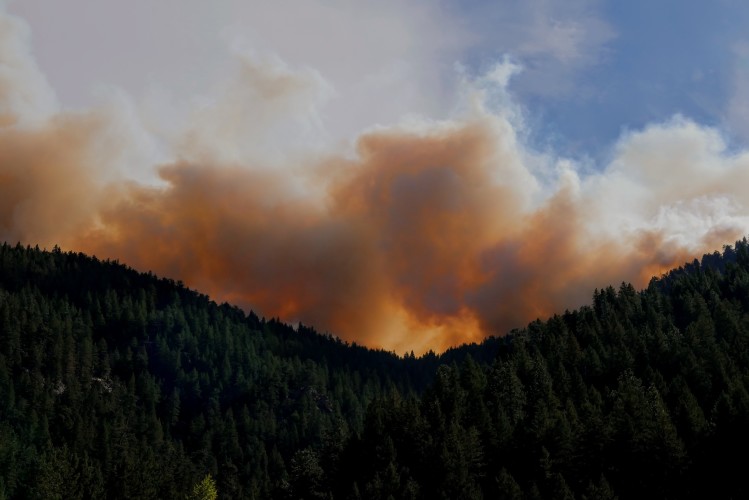COP27 - Hope For A Better World?

The world’s climate is changing at an alarming rate and this is not a recent phenomenon. According to UNEP, the concentration of greenhouse gases, especially carbon dioxide, has been rising while causing a concurrent increase in global temperatures, since the Industrial Revolution. According to the World Meteorological Organization (WMO), the global average temperature in 2019 was 1.1 degree Celsius above the pre-industrial period. The United Nations has consistently brought together all countries at a common platform for global climate summits, called COPs, which means Conference of the Parties. The COP meeting takes place every year unless the parties decide otherwise. The first COP was held in Berlin, Germany in 1995. Since then, successive COP summits have each focussed on a different topic. COP21, held in Paris in 2015, was one of the most important meetings for countries, as they signed the Paris Agreement, where signee countries agreed on the need to limit emission reductions in an effort to keep global warming below 2 degrees Celsius as compared to pre-industrial levels.
What is COP27?
COP27 is the 27th meeting of the Conference of the Parties to the UN Framework Convention on Climate Change (UNFCCC). It is being held in Egypt from 6 November to 18 November in Sharm el-Sheikh on behalf of Africa, and it is being termed as an ‘African COP’ both due to the location, but also to bring the intense climate change impact African nations are facing to the forefront of the discussion. The main theme is to implement policies that directly address both the causative factors and the physical ramifications of climate change, along with other key challenges like access to climate finance, loss and damage in developing countries, and the transformation to sustainable energy systems.
The ongoing Russia-Ukraine conflict, African water crisis, deadly floods in Asia, soaring temperatures in Europe, along with a growing global energy crisis, have brought climate change to the top of the global agenda. “We are in a life-or-death struggle for our own safety today and our survival tomorrow”, proclaimed UN Secretary-General António Guterres at the start of pre-COP27 talks in the Democratic Republic of Congo. It is expected that representatives from more than 190 countries will attend the summit (of which only 90 will be sending their leaders), along with observer organisations, members of the media, climate activists, mayors, civil society activists, and CEOs.
As a welcome message showcasing the importance of the COP27 summit, Abdel Fattah el-Sisi, the President of the Arab Republic of Egypt said, “I deeply believe that COP27 is an opportunity to showcase unity against an existential threat that we can only overcome through concerted action and effective implementation. As the incoming presidency, Egypt will spare no effort to ensure that COP27 becomes the moment when the world moved from negotiation to implementation and where words were translated to actions, and where we collectively embarked on a path towards sustainability, a just transition and eventually a greener future.”
The UN Secretary-General António Guterres also emphasised the participation of countries in the summit. He noted with some urgency, “COP27 is the place for all countries - led by the G20 - to show they are in this fight and in it together. And the best way to show it is by showing up at COP27 in Sharm El-Sheikh. I am urging leaders at the highest level to take full part in COP27 and tell the world what climate action they will take nationally and globally.”
The Importance of COP27
Of COP27’s key themes, it aims to ensure that countries implement their USD 100 billion pledge, signed at last year’s COP26 climate summit in Glasgow, to reverse biodiversity loss. Additionally, the hazardous effects of greenhouse gases and an array of natural disasters have become a major challenge in the context of efforts to decarbonize and the overall global climate.
It is critical that world leaders urgently heed the incontrovertible, scientifically corroborated evidence of rapidly increasing anthropogenic climate change and take action. According to a UN report, during 2022 North Africa, Australia, Europe, South Asia, the Middle East, and China experienced record-high temperatures. The report also revealed that heat waves contribute to even greater levels of inequality as marginalised people suffer the most impact. Talking about the climate crisis and how it is affecting humanitarian crises across the world, IFRC Secretary General Jagan Chapagain said, “At COP27, we will urge world leaders to ensure that this investment reaches local communities that are on the frontline of the climate crisis. If communities are prepared to anticipate climate risks and equipped to take action, we will prevent extreme weather events from becoming humanitarian disasters.”
Once More…The Importance of COP27!
The whole world has its eyes on the crucial COP27 summit in Egypt. Now seven years since the, at the time, ‘pivotal’ moment of the COP21 in Paris, and the subsequent challenges in developing a coherent international response, we have become somewhat used to annual COPs resulting in an atmosphere of carbon-enriched frustration. COP26 in Glasgow is generally deemed to have failed in its objectives, even though its aim was to operationalise the objectives set out years before in Paris, and while that may also have been a factor of the pressures of the global pandemic, we have no other real, intergovernmental mechanism that can potentially exert as much positive pressure in the right direction as this.
This can make or break the future of our planet, the existential issue of our era that we attempt to encompass within the values of ESG. Truly combating climate change means systemic, ratified collaboration between all nations to reduce carbon emissions, share relevant technologies to do so, and to simultaneously work to prevent the ongoing damage that will increase from increasingly severe weather events. It is important to take note whether state heads and political ministers of the wealthier countries take the lead on international collaboration, if they continue to shun the topic in the face of pressing domestic issues, or if current conflicts and rising political tensions between the prominent players leads us to the Great Blame Game.
Stay tuned and updated for all the news regarding COP27 here.

